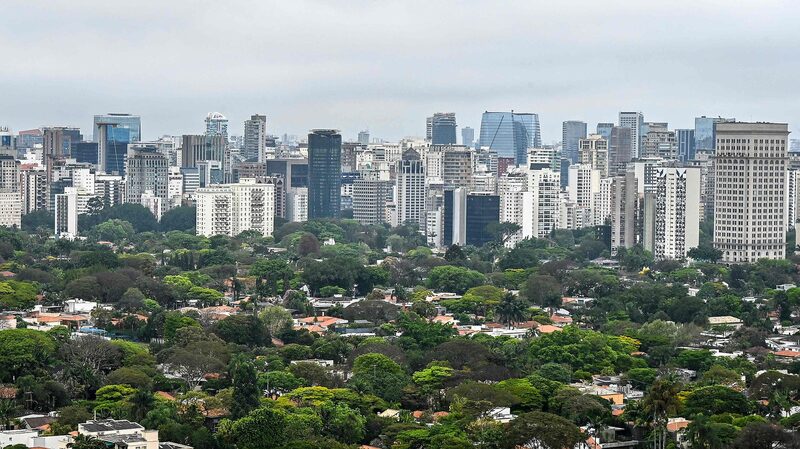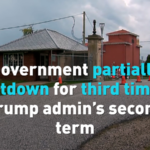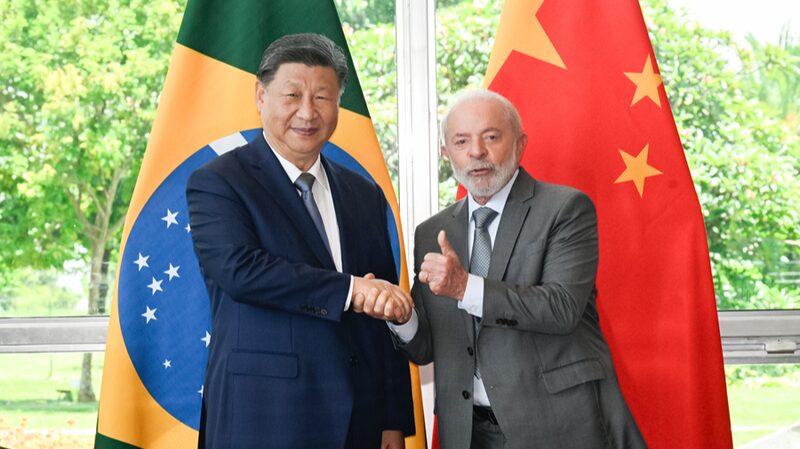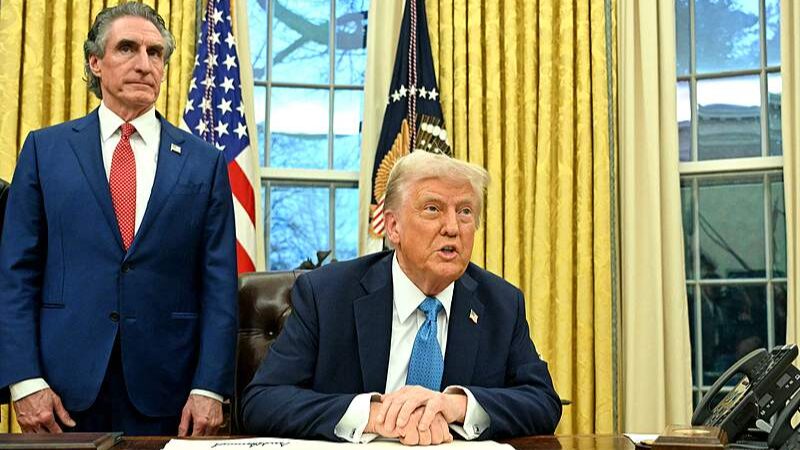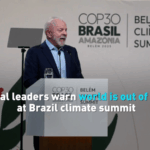BELÉM, BRAZIL — As global leaders finalize agreements at the COP30 climate summit this week, the United States’ decision to skip formal participation for the first time since 1995 has drawn sharp criticism. The move coincides with lingering environmental and economic disruptions caused by the recent U.S. government shutdown, which ended on November 14, 2025.
Analysts warn that the dual setbacks — the absence of U.S. negotiators in Belém and the shutdown’s aftermath — risk undermining international climate efforts. Over 15 federal environmental projects were halted during the three-week funding lapse, including renewable energy initiatives and pollution monitoring systems. Preliminary data suggests carbon emissions rose by 4% in affected U.S. states during this period.
Nitza Soledad Pérez, a climate policy researcher, noted: "The shutdown’s ripple effects are still unfolding. Frozen grants have delayed critical infrastructure upgrades, while staffing shortages hampered enforcement of emission regulations."
In Asia, where rising sea levels and extreme weather dominate climate discussions, delegates expressed concern about delayed U.S. contributions to the Green Climate Fund. A Southeast Asian diplomat, speaking anonymously, stated: "Leadership vacuums create uncertainty. Many nations now look to China and the EU to anchor multilateral efforts."
As COP30 concludes, attention turns to whether the Biden administration can rebuild trust ahead of 2025’s pivotal climate agenda. For now, the shutdown’s environmental toll serves as a stark reminder of how domestic politics shape global crises.
Reference(s):
cgtn.com

